Dr. Meral Büyükkurt
Professor, Supply Chain and Business Technology Management
Teaching and Learning Winter Festival 2020

Leadership and Learning: Ready, steady, teach for tomorrow!
Now in it’s 8th year the CTL’s popular Teaching and Learning Winterfest is back. The theme of Winterfest 2020 goes right to the heart of innovation and academic leadership. Through reflective teaching practices, scholarly research, and a commitment to educational development, faculty at Concordia continue to prepare themselves for the critical undertaking of helping students achieve intellectual and personal transformation and growth.
Faculty’s commitment to ensuring students focus their efforts squarely on academic rigour, affective development and a connectedness to opportunities for immersive experiential learning are the cornerstones of a next generation higher education learning experience. At Winterfest 2020 we’ll hear from Concordia faculty who have worked diligently and with passion, intelligence and meaning to advance these vital elements through a commitment to creating the right conditions and opportunities for their students.
Don’t miss this unique opportunity to meet and hear from faculty who have lived the experience of imagining change and making it a reality within their own course teaching and in some cases as part of the advancement of their own departments and faculties. Championing change and taking risks to help students reach their full potential in such a vast and highly structured university environment is no small feat in the year 2020. Classes are bigger, technology is ubiquitous, students are distinct, and the future of the real world beyond our classes and corridors remains unclear yet charged with promise.
Faculty will reveal how a passion for their discipline, a commitment to teaching and learning to deal with impasses all translate into educational leadership, new ways of doing things that mean the difference between a higher education that trains students and one that transforms them.
Faculty mentorship at its most: Transferring incredible pedagogies from one discipline to another. How’d they do that?
Friday, January 24, 2020 | 9:30 am - 11:00 am | Location: FB-620
Whether you’re an experienced faculty member or new to the role, having people around you who know what it’s like to teach well and can help students learn successfully is important. Important because they can provide support and mentorship and having that provision can mean the difference between a favorable introduction to university teaching and one that seems perhaps more byzantine. We know that teaching and learning strategies, techniques, ideas, and processes are transferable from one discipline and context to another. Why do it and how is it done? That’s what today’s panel will explore.
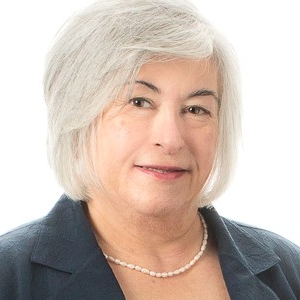
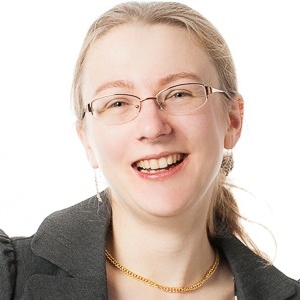
Dr. Daria Terekhov
Assistant Professor, Mechanical, Industrial and Aerospace Engineering
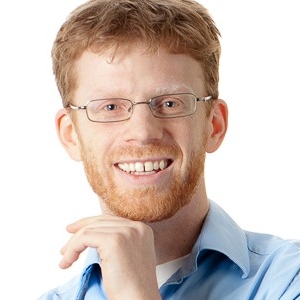
Dr. Matthew Barker
Associate Professor and Department Chair, Philosophy
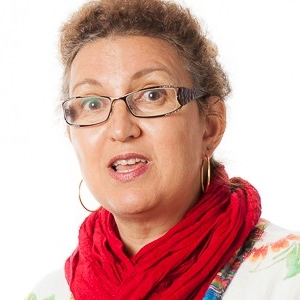
Dr. Nancy Acemian
Lecturer, Computer Science and Software Engineering
Panel Moderator: John Bentley, Senior Instructional Developer, Centre for Teaching and Learning
Listening to learners: Bridging the faculty continuum for a better curriculum
Friday, January 24, 2020 | 12:00 pm - 1:30 pm | Location: FB-620
Faculty are all at different stages in their careers and their roles as instructors can also vary widely. From those who are starting out as part-time faculty, new ETAs, LTAs, or tenure track to tenured professors, full professors, part-time faculty, and ETAs that have been teaching at Concordia for several years and acquired a range of experience in the classroom. How can new and more experienced faculty be supported and encouraged to try new things in the classroom and should they be encouraged to experiment in order to help students engage with the subject? How can trying new things in the classroom lead to a more successful course and in turn a better and more complete curriculum? Our panel will explore specific themes related to these ideas and look at the challenges and solutions associated with innovation when building or rebuilding a curriculum.
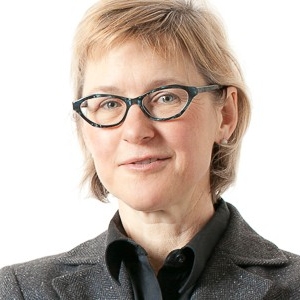
Dr. Michèle Paulin
Professor, Marketing
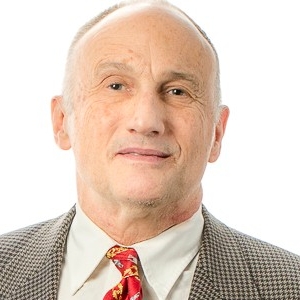
Philippe Colas
Instructor, Marketing
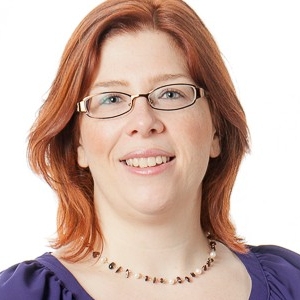
Dr. Caroline Roux
Associate Professor, Marketing
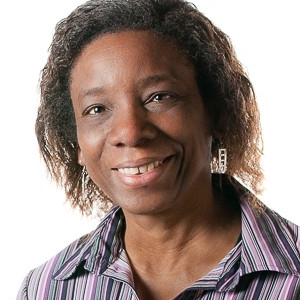
Dr. Linda Dyer
Professor, Management
Panel Moderator: John Bentley, Senior Instructional Developer, Centre for Teaching and Learning
Building a better professional development plan through leadership, loyalty and work-life balance
Friday, January 31 | 9:30 am - 11:00 am | Location: FB-620
When preparing for a career in higher education there are very few pre-service professional development programs for faculty. Opportunities for in-service professional development can often be limited because of all the competing demands that faculty typically manage. This would suggest that there is an opportunity and indeed an imperative to planning and creating programming for faculty so that they feel better prepared for classroom teaching but in a manner that still allows them to achieve a healthy work-life balance. Effective professional development programming can help faculty achieve their goals for providing a more effective and engaging experience in the classroom for their students. This readiness and support can also help reduce stress and improve the quality of life for all faculty involved. And of course, there are faculty who take on leadership roles as department administrators or university administrators. We will find out a little bit more about how to manage those roles as well.
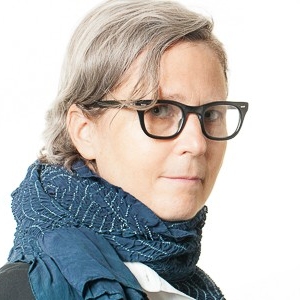
Lorraine Oades
Part-time Faculty, Intermedia (Video, Performance and Electronic Arts), ARTX & Sculpture, Studio Arts
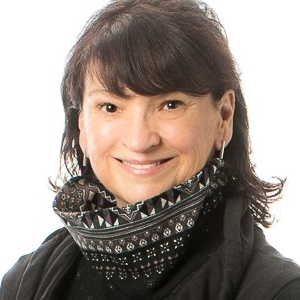
Florence Figols
Part-time Faculty, Contemporary Dance

Dr. Gillian Leithman
Adjunct Faculty Member, John Molson Executive MBA and the Goodman Institute of Investment Management
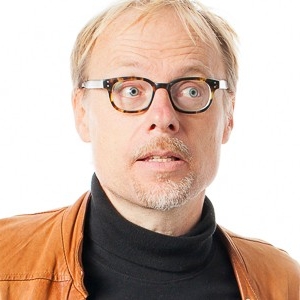
Dr. Andre Furlani
Professor, English
Panel Moderator: John Bentley, Senior Instructional Developer, Centre for Teaching and Learning
Experiential learning at its best: Creating a next generation learning experience to match student’s knowledge with the professional needs of today
Friday, January 31, 2020 | 12:00 pm - 1:30 pm | Location: FB-620
“Real education for the real world”. That was Concordia’s tagline for many years and even today you could argue it remains a motto. If not officially at least in practice as Concordia faculty continue to enrich courses and programs with opportunities for experiential learning. The purpose of a university education has expanded in recent years to meet the growing needs linked to disruptive changes in technology, world economies, the environment. So we can see that while experiential learning is not all new something about it has changed. Perhaps we are also becoming increasingly aware of an even greater imperative to understanding this pedagogy and the effect it has on student learning today in order to meet the demands of tomorrow.
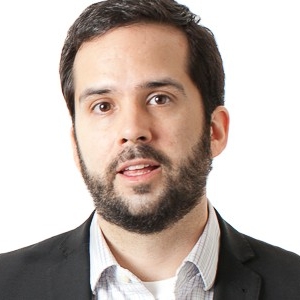
Dr. Juan Carlos Castro
Chair and Associate Professor, Art Education
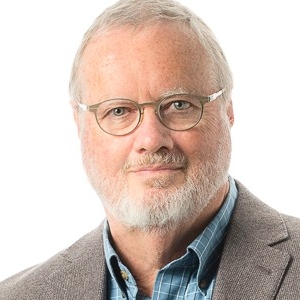
Gene Gibbons
Associate Professor, Theatre
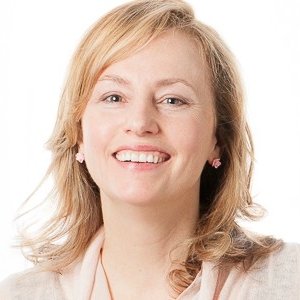
Bonnie Harnden
Associate Professor and Practicum Coordinator, Drama Therapy, Creative Arts Therapies
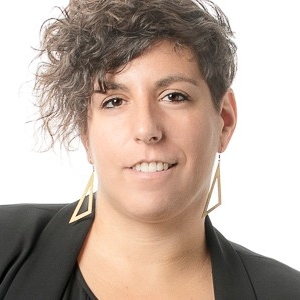
Dr. Natalie Kouri-Towe
Assistant Professor, Simone de Beauvoir Institute
Panel Moderator: John Bentley, Senior Instructional Developer, Centre for Teaching and Learning
Making changes for the sake of student engagement: Building meaning and practice alongside critical thinking
Friday, February 7, 2020 | 9:30 am - 11:00 am | Location: FB-620
When it comes to creating meaningful learning experiences for students it seems that all pedagogical roads lead to critical thinking. During classes and courses faculty will take their students on a metaphorical journey and by the end the expectation is that those students have themselves changed forever because they have satisfied intellectually rigorous objectives and practised creating new knowledge. Planning significant and meaningful learning experiences has many complex parts and it’s this rich and diverse anatomy of teaching that we aim to come closer to understanding through the insights and opinions of our faculty panel members.
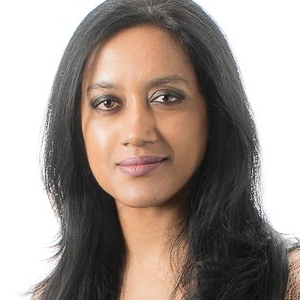
Dr. Nadia Bhuiyan
Vice-Provost, Partnerships and Experiential Learning and Professor and Associate Aerospace Program Director, Mechanical, Industrial and Aerospace Engineering.
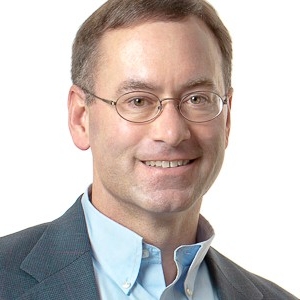
Dr. Graham Dodds
Associate Professor, Political Science
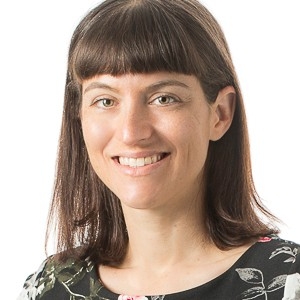
Dr. Mireille Paquet
Associate Professor, Political Science
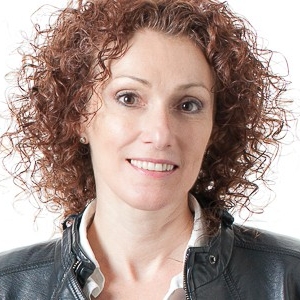
Dr. Carmela Cucuzzella
Assistant Professor, Design and Computational Arts
Panel Moderator: John Bentley, Senior Instructional Developer, Centre for Teaching and Learning
The augmented curriculum: Adventures in interdisciplinary teaching and learning for faculty and students
Friday, February 7, 2020 | 12:00 pm - 1:30 pm | Location: FB-620
Because all disciplines are made up of their own unique collections of concepts, languages and frameworks there have always been advantages to courses and programs promoting interdisciplinary teaching and learning. These are the places where subjects collide, connect and combine. Students are exposed to a broader range of knowledge which allows them to build a greater understanding of relationships within and between subjects. Learning becomes flexible and opens the door to doing more with diverse facts and findings. Faculty cultivate richer and more expansive research opportunities while students learn to cope with complexity, adopt multiple perspectives and build up their own resilience towards uncertainty. We will find out more from our panel members how they have helped create some of Concordia’s best examples of interdisciplinary education and what’s next in the way of this growing trend in higher education.
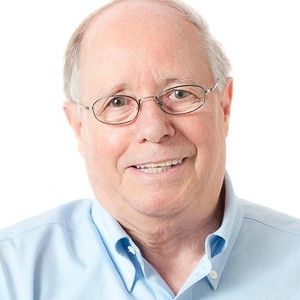
Dr. Fred Szabo
Professor, Mathematics and Statistics
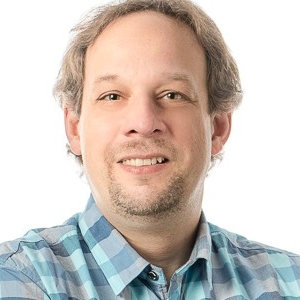
Dr. Gregor Kos
Lecturer, Chemistry and Biochemistry
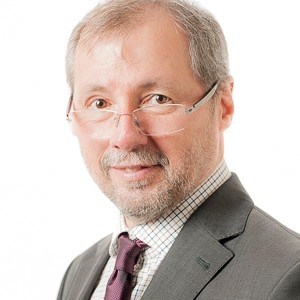
Dr. André Roy
Dean, Faculty of Arts and Science and Professor, Geography, Planning and Environment
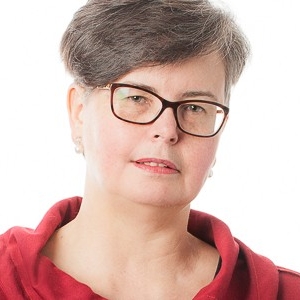
Dr. Sandra Betton
Associate Dean, Professional Graduate Programs and Associate Professor, Finance
Panel Moderator: John Bentley, Senior Instructional Developer, Centre for Teaching and Learning
Leadership in innovation: From small beginnings to the big bang
Friday, February 14, 2020 | 9:30 am - 11:00 am | Location: FB-620
We can know more than we can tell”. This is the famous claim of celebrated Anglo-Hungarian chemist, economist, and philosopher Michael Polanyi. His assertion was that the things we know and do are not just made up of explicit knowledge acquired through observation and transfer but are also the result our tacit knowledge, the unique know-how we garner through our own lived and very individual experience. In this week’s discussion we discover the ways in which our panel members make key decisions, engage in strategic planning and lead with their own creative vision. Our panel members are promoting change and innovation by combining the ideas they have studied with the experiences they know. Through their leadership Concordia continues to grow and adapt as smaller shifts in direction lead to bigger and more meaningful changes for the future.
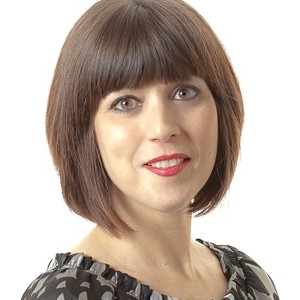
Dr. Sandra Gabriele
Vice-Provost Innovation in Teaching & Learning and Associate Professor, Communication Studies
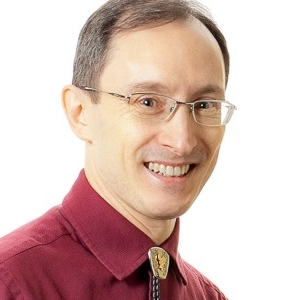
Dr. Philippe Caignon
Associate Dean, Student Academic Services (FAS) & Professor, Études françaises
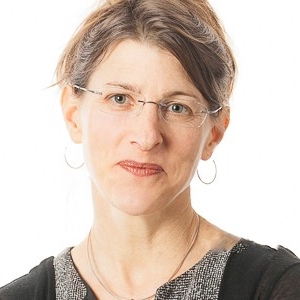
Dr. Rebecca Duclos
Dean, Faculty of Fine Arts and Professor, Art History

Dr. Michael Sacher
Professor, Biology and Director of Diploma in Biotechnology and Genomics, Biology
Panel Moderator: John Bentley, Senior Instructional Developer, Centre for Teaching and Learning
Let’s talk about decolonizing teaching and research
Friday, February 14, 2020 | 12:00 pm - 1:30 pm | Location: FB-620
Relearning The Star Stories Of Indigenous Peoples: How the lost constellations of indigenous North Americans can connect culture, science, and inspire the next generation of scientists. That was the story that hit the airwaves of NPR thanks to ScienceFriday.com producer, Christie Taylor. The story in many ways seems to speak to the age-old challenge so many faculty members seem to face, how to bring disciplinary research and teaching together. The teaching-research nexus has led to considerable controversy because it is often difficult for faculty to agree on where research-based teaching should begin, can it begin with the undergraduate experience or should it start at the graduate level. Can the answer now be found thanks to advances universities are making in the process of decolonizing teaching and research? How do Indigenous perspectives translate into more diverse approaches to teaching and research?
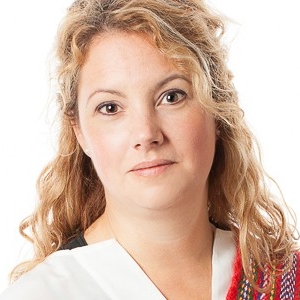
Elizabeth Fast
Assistant Professor, Applied Human Sciences
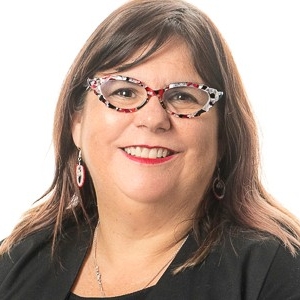
Dr. Catherine Richardson
Academic Faculty, School of Community and Public Affairs
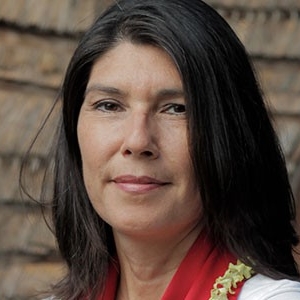
Dr. Treena Delormier
Associate Professor & Associate Director, Centre for Indigenous Peoples’ Nutrition & Environment (CINE)
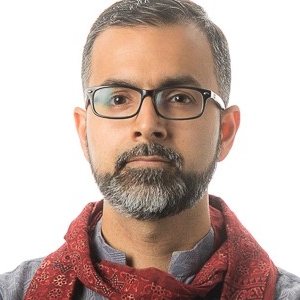
Dr. Kasim Ali Tirmizey
Part-time Faculty, Department of Political Science & the Centre for Engineering in Socieity
Panel Moderators: Donna Goodleaf, Director, Decolonizing Curriculum and Pedagogy - John Bentley, Senior Instructional Developer, Centre for Teaching and Learning